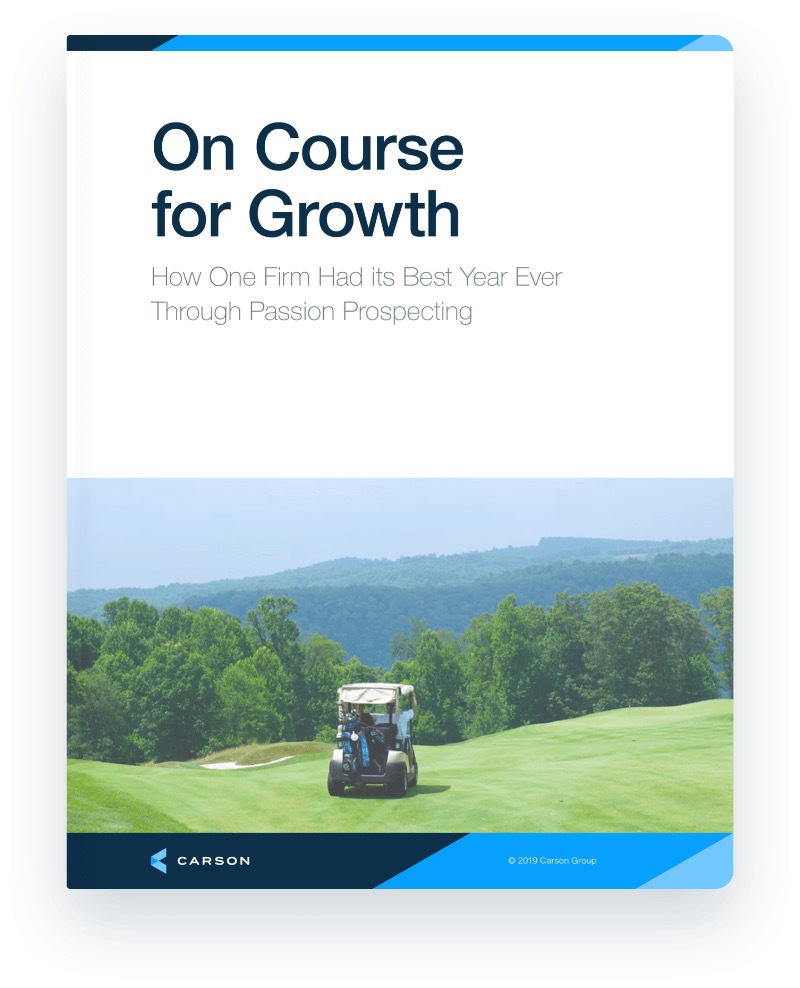For many, the path to financial services happens by accident, often as part of a career change. This is changing thanks to an increase in financial planning undergraduate programs, which have paved the way for a more formal pathway to the profession. The timing couldn’t be better: The industry needs professionals, and students have their pick of job offers.
In today’s episode, Jamie and Ana speak with Craig Lemoine, director of the Financial Planning Program at the University of Illinois, Urbana-Champaign and creator of the first-of-its-kind Agriculture Focused Financial Planning designation. Before joining the University of Illinois, Craig helped create and teach professional designations at The American College of Financial Services.
Since the first financial planning programs launched in the 1970s, colleges have struggled with where to place them. In his ideal world, Craig would like to see stand-alone financial planning departments that graduate licensed students who have a clear understanding of fiduciary duty, standards of care, asset allocation, risk management tools and diversification. More than this, he’d like to see a shift in the role of designations.
“We need to think about designations differently,” Craig said. “The focus should be on ‘what can I do better?’ and not ‘what does this designation signal to the world around me?’”
In their discussion, Craig, Jamie and Ana explore the history of the profession, the range of opportunities and roles, why there is so little diversity and what to do about it. They also explore reasons to move away from licensing as a proxy for education, and ask how best to educate financial services professionals to serve the needs of all audience groups – not just high net worth clients.
Key Takeaways
- There is a lack of awareness of what a career in financial services can be and the benefits. Lifelong learning in particular is one of its key differentiators.
- To build a career as a financial planner or financial advisor, the CFP® should be your first step – but it is rigorous and requires an ethical pledge.
- Too many designations doing the same thing and too many industry organizations with competing interests are splitting resources and holding back progress.
- There is work to do to enhance diversity in the profession. For example, the percentage of women CFP® professionals is just 23%, even though Pew Research reports that more women are earning undergraduate degrees than men.
- A lack of trust is limiting the number of people from under-represented communities who join the profession. One solution: increased funding for targeted academic scholarships.
Quotes
“Change takes money, commitment and dedication. It has to be institutionalized. As program directors everywhere, we need to dedicate ourselves to that.” – Craig Lemoine
Links
- Financial Planning Program at the University of Illinois, Urbana-Champaign
- The American College of Financial Services
- CFP Board
- Financial Planning Association
Schedule a consultation to learn more about how Carson can help you grow your business.








